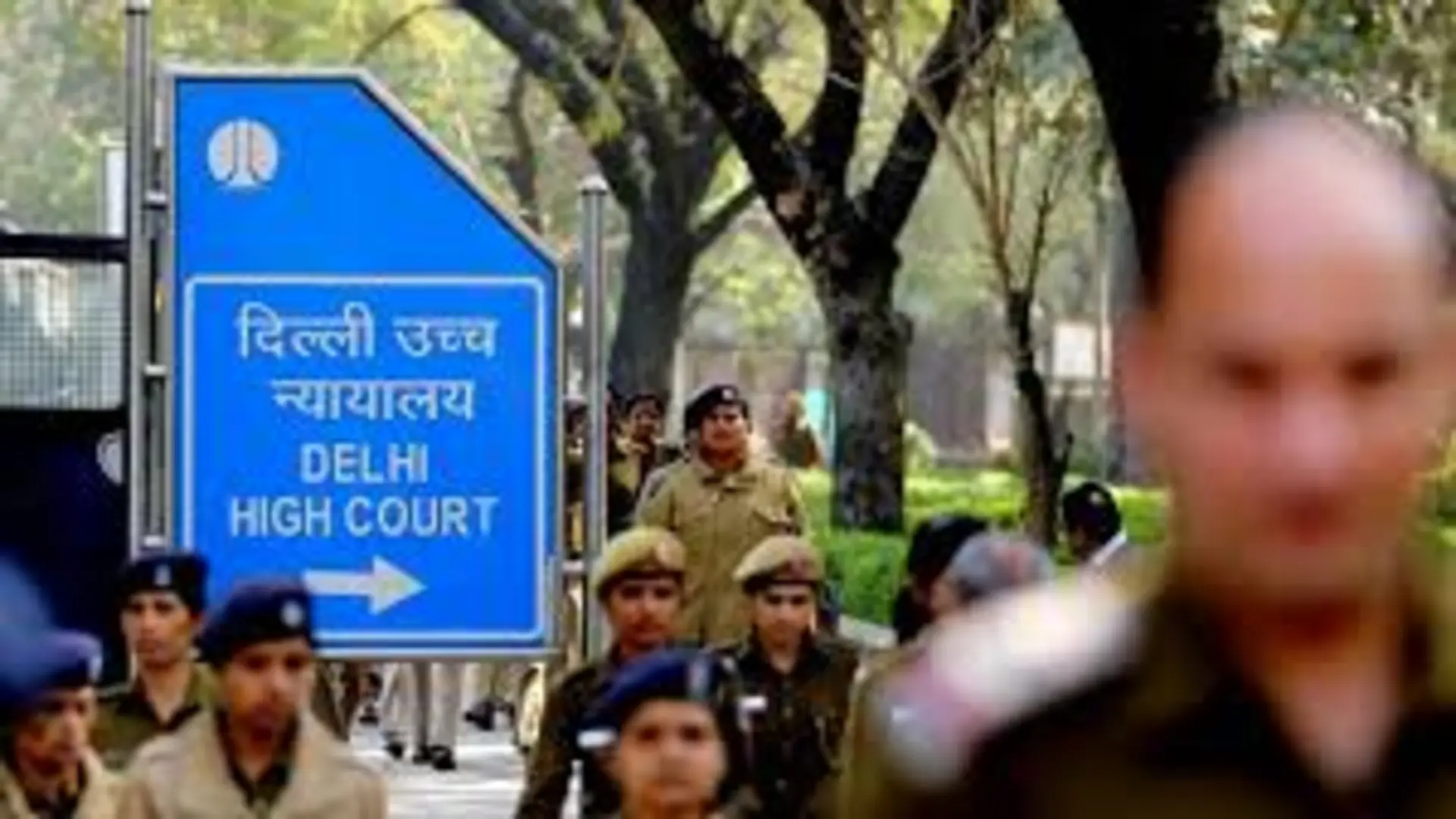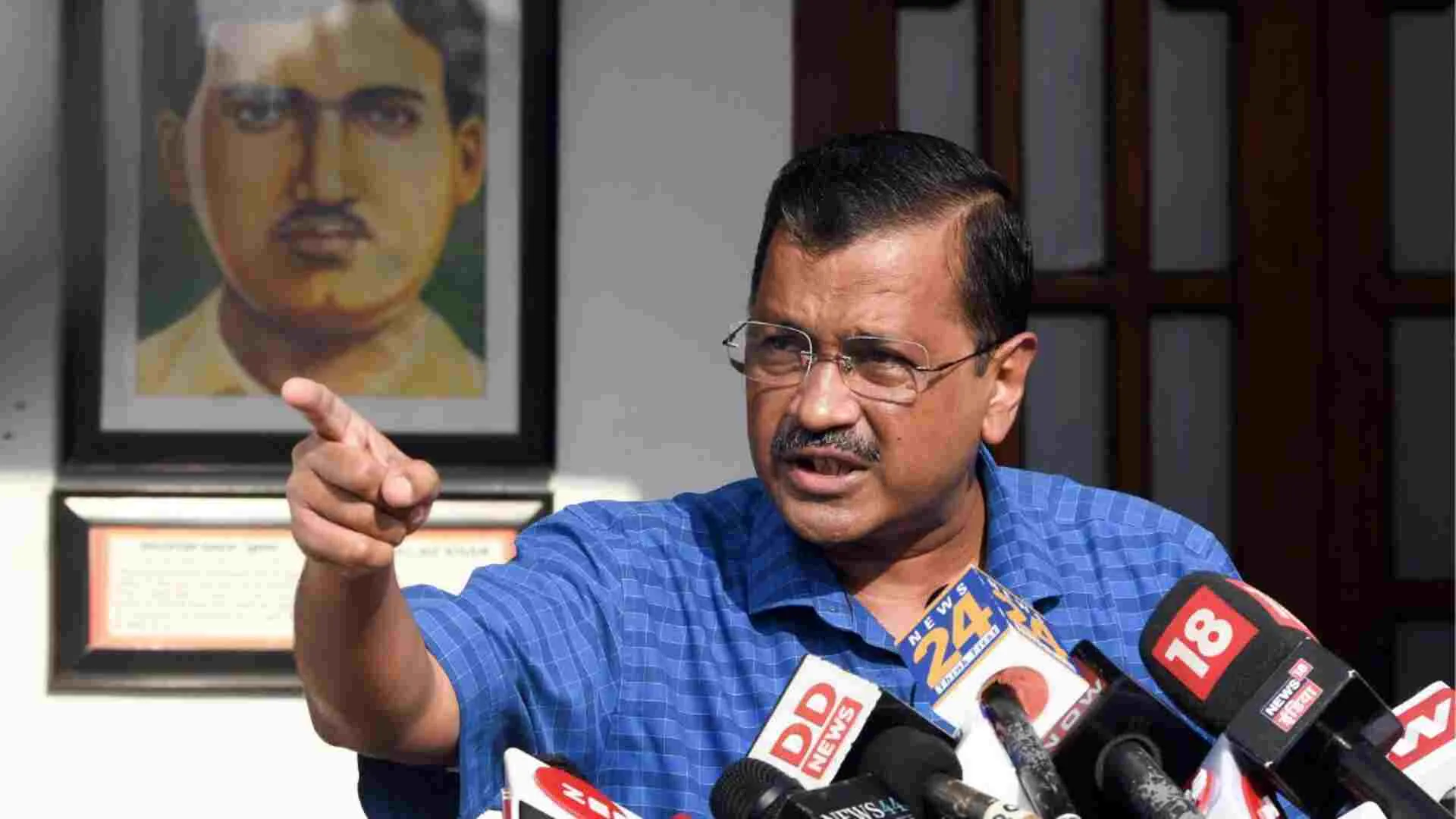The dictionary definition of the term “victim” is a person, who is put to death or subjected to torture by another; one who suffers severely in body or property through cruel or oppressive treatment; one who is reduced or destined to suffer under some oppressive or destructive agency. The UN Declaration of Basic Principles of Justice for Victims of Crime and Abuse of Power defines the term Victims as a “persons who, individually or collectively, have suffered harm, including physical or mental injury, emotional suffering, economic loss or substantial impairment of their fundamental rights, through acts or omissions that are in violation of criminal laws operative within Member States, including those laws proscribing criminal abuse of power”.
Section 2 (wa) of the Criminal Procedure Code, 1973 defines the term ‘victim’ as a person who has suffered any loss or injury caused by reason of the act or omission for which the accused person has been charged; and the expression victim includes his or her guardian or legal heirs. Thus, in a nutshell, the term victim means a person who has suffered injuries, physical or financial, tangible or intangible as a result of the wrong committed by the accused.
Victim-Centric Provisions in Criminal Law
Section 357 of the Criminal Procedure Code, 1973: It is the basic provision dealing with the power of the court to order compensation. Clause 2 Sub-Section 1 of Section 357 of the Criminal Procedure Code (CrPC), 1973 provides that when a Court imposes a sentence of fine or a sentence (including a sentence of death) of which fine forms a part, the Court may, when passing judgment, order the whole or any part of the fine recovered to be applied in the payment of any person of compensation for any loss or injury caused by the offence, when compensation is, in the opinion of the court, recoverable by such person in civil court. Though the principle underlying Section 357 of the (CrPC) is salutary, yet it is limited in its scope. The Section will apply only when the accused is convicted that is to say that proving the guilt of the accused beyond reasonable doubt is pre-requisite for the Section to come into play. Further, it also depends upon the recovery of fine from the accused, when fine form part of the sentence. If the fine is not imposed, the magistrate may order any amount to be paid by way of compensation which he considers just in the circumstances of the case. It is generally seen that either Section 357 is not invoked or even if it is invoked, the compensation amount is highly inadequate as compared to the sufferings and pain of the victim. Sometime, the financial capacity of the accused is taken into account and this further reduces the quantum of compensation as most of the accused are from lower socio-economic background. Further, given the low rate of conviction in India, Section 357 had remained almost dormant for very long.
Section 357A of Criminal Procedure Code, 1973: The most recent and important legal provision in the direction of victim compensation is Victim Compensation Scheme under Section 357A of the Criminal Procedure Code, 1973 inserted by Criminal Law Amendment Act, 2008( Act no 5 of 2009), Clause (1) of Section 357A provides that every state government in coordination with the Central Government shall prepare a scheme for providing funds for the purpose of compensation to the victim or his dependents who have suffered loss or injury as a result of the crime and who require rehabilitation.
Clause (2) provides that whenever a recommendation is made by the Court for compensation, the District Legal Service Authority or State Legal Service Authority, as the case may be, shall decide the quantum of compensation to be awarded under the scheme. It further says that where the offender is not traced or identified, but the victim is identified and where no trial takes place, the victim or his dependents may make an application to the state or the District Legal Services Authority for award of compensation and the Authority shall after due enquiry award adequate compensation. Another salutary provision is that the Authority may order the immediate first aid facility or medical benefits to be made available free of cost or any other interim relief as appropriate.
Section 5 of the Probation of Offenders Act, 1958: This provision has also empowered the courts to require released offenders to pay the restitution and costs as under: The Section says that:
1. The court directing the release of an offender under Section 3 or Section 4 may, if it thinks fit, make at the same time a further order directing him to pay:
a. Such restitution as the court thinks reasonable for loss or injury caused to any person by the commission of the offence; and
b. Such cost of the proceeding as the court thinks reasonable.
2. The amount ordered to be paid under subsection (1) may be recovered as a fine in accordance with the provisions of Sections 357 and 358 of the Code.
3. A civil court trying any suit out of the same manner for which the off ender is prescribed, shall take into account “any amount paid or recovered as restitution under subsection (1) in awarding damages.
Section 163 of the Motor Vehicles Act, 1988: In ‘Hit & Run’ cases, accident victims are eligible for compensation through a Special Fund called ‘Solatium Fund’. The amount of Compensation is `25,000/- in the event of death and `12,500/- for grievous injuries. A portion of the Gross Written Premium is contributed towards this Fund every year by both Public and Private Insurers. However, in case the vehicle is without insurance, the victim/dependents have the right to claim compensation from the owner/ driver under Motor Vehicles Act, 1988.
Compensatory Jurisprudence: Supreme Court
The Supreme Court of India has played a significant role in evolving compensatory jurisprudence for the victims. Some of the landmark cases in Supreme Court provided compensation to the victim includes Chairman, Railway Board and Others v Mrs. Chandrima Das, in which court ordered compensation to the rape victim, who was a Bangladeshi national, by the Government for the rape committed in the Yatri Niwas managed by the Indian Railways at Howrah Station. Then again, in Nilabati Behara v State of Orissa, the court ordered compensation for custodial killing of the victim by the police in the State of Orissa. In both the cases, the court held that victims’ fundamental rights under Article 21 were violated. In Rudal Shah v State of Bihar, the Supreme Court made it categorically clear that the higher judiciary has the power to award compensation for violation of fundamental rights through the exercise of writ jurisdiction and evolved the principle of compensatory justice in the annals of human rights jurisprudence. Following this case, the Supreme Court awarded compensation in several cases. In the subsequent early cases in which this remedy was considered, the Court held that compensation would be awarded only in ‘appropriate cases’ which seemed to primarily involve life and liberty rights and were mostly cases relating to illegal detention and unlawful deaths. Nonetheless in later cases, it became clear that the scope had become significantly wider. Since economic and social rights are often considered by the Supreme Court under the ambit of Article 21 of the Constitution (the right to life which is a fundamental right), compensation as a constitutional remedy may be available for violations of these rights Thus, the role of the Supreme Court in this direction is laudable. The only thing required is the assistance of the legislature in the form of comprehensive law on victims’ compensation and rehabilitation and executive assistance in the form of better implementation of the law.
Conclusion
The movement for victim assistance will have to go a long way before any tangible result can be produced. The endeavour must be to make the victim an integral entity of the malefactor Justice administration from the present status position of forgotten entity in the criminal justice administration. It is to be remembered that no sound criminal justice administration can afford to ignore the rights and plights of the victim’s plight of the victim of the ever-increasing number of crimes.
The victims should have a say at investigation stage, at evidence stage, at the stage of deciding the question of bail, at the stage of imposition of quantum and character of sentence on the accused and also at the stage of granting parole to the accused post-conviction.
The victimology movement which has emerged in many parts of the world insists on making victims an integral part of the criminal justice administration by giving them opportunities to be heard at various stages of criminal justice so that proper justice is done to them. Our Criminal justice system needs a system which is more sensitive to the plights of the victims
Advocate Siddhant Mishra practices at the Lucknow Bench of the Allahabad High Court.























